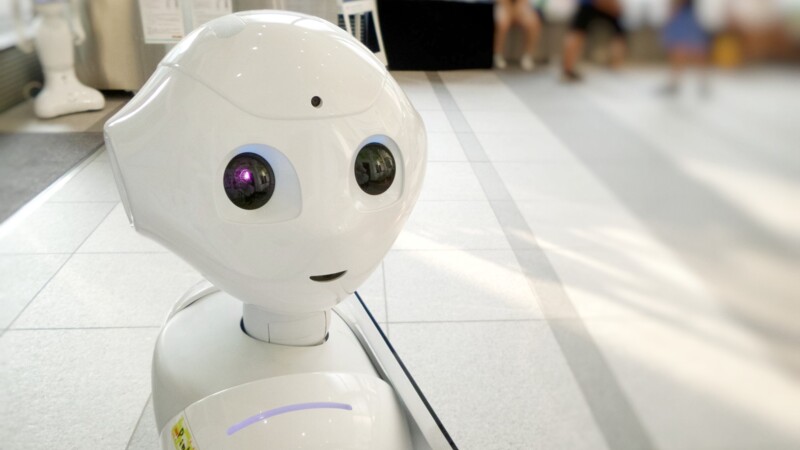"RPA allows us to automate rule-based procedures quickly. That saves time and leads to more efficient procedures that benefit citizens," said Christian Pfromm, Chief Digital Officer of the City of Hamburg. Since 2021, bots have done various local government tasks previously done manually or by different IT systems. Robot designers are taking employees' needs into account to ensure that the robots are used optimally. Routine tasks can be performed more efficiently, freeing workers to concentrate on more complex tasks.
Hamburg's local government is now using around 50 software robots as part of its increasing reliance on Robotic Process Automation (RPA), the senate said Wednesday (July 17, 2024). The robots have automated over 130,000 working hours of manual, repetitive tasks such as processing documents on an energy flat rate for students. More bots are being used to speed up procedures and boost digitalisation.
Employees and citizens benefiting from digitalisation
Use case: flat-rate energy allowance for students
One use case involved around 100,000 documents on a flat-rate energy grant for students. Manual processing was proving time-consuming and too labour intensive. The Office for IT and Digitisation, the Senate Chancellery and the IT service provider Dataport developed an RPA bot to automate and store the documents as an e-file.
RPA spreading to all local government divisions
Modular bots are expected to take RPA to the next level. The technology can be used e.g., to file documents or to retrieve registration data. The long-term goal is also to combine artificial intelligence and low-code development with RPA to create even more synergies and make local government procedures more efficient. RPA modules can also be reused cost-effectively. Apart from reusable bots, specialised, individual automations are also being developed.
fw/mm/sb/pb
Sources and further information
More
Similar articles

Hamburg's local government testing Large Language Model

Robots improving procedures in Hamburg's administration

InnoTech funding to boost local government innovations in Hamburg
